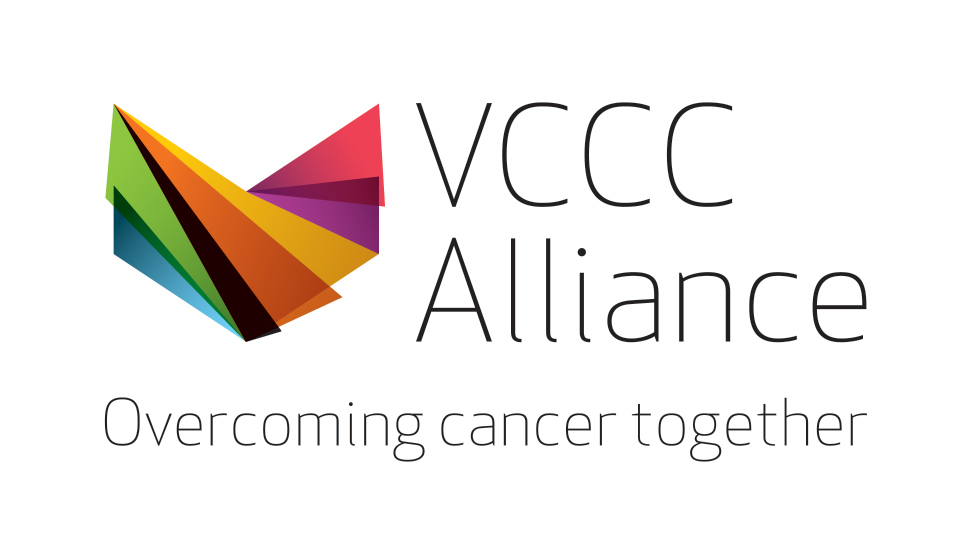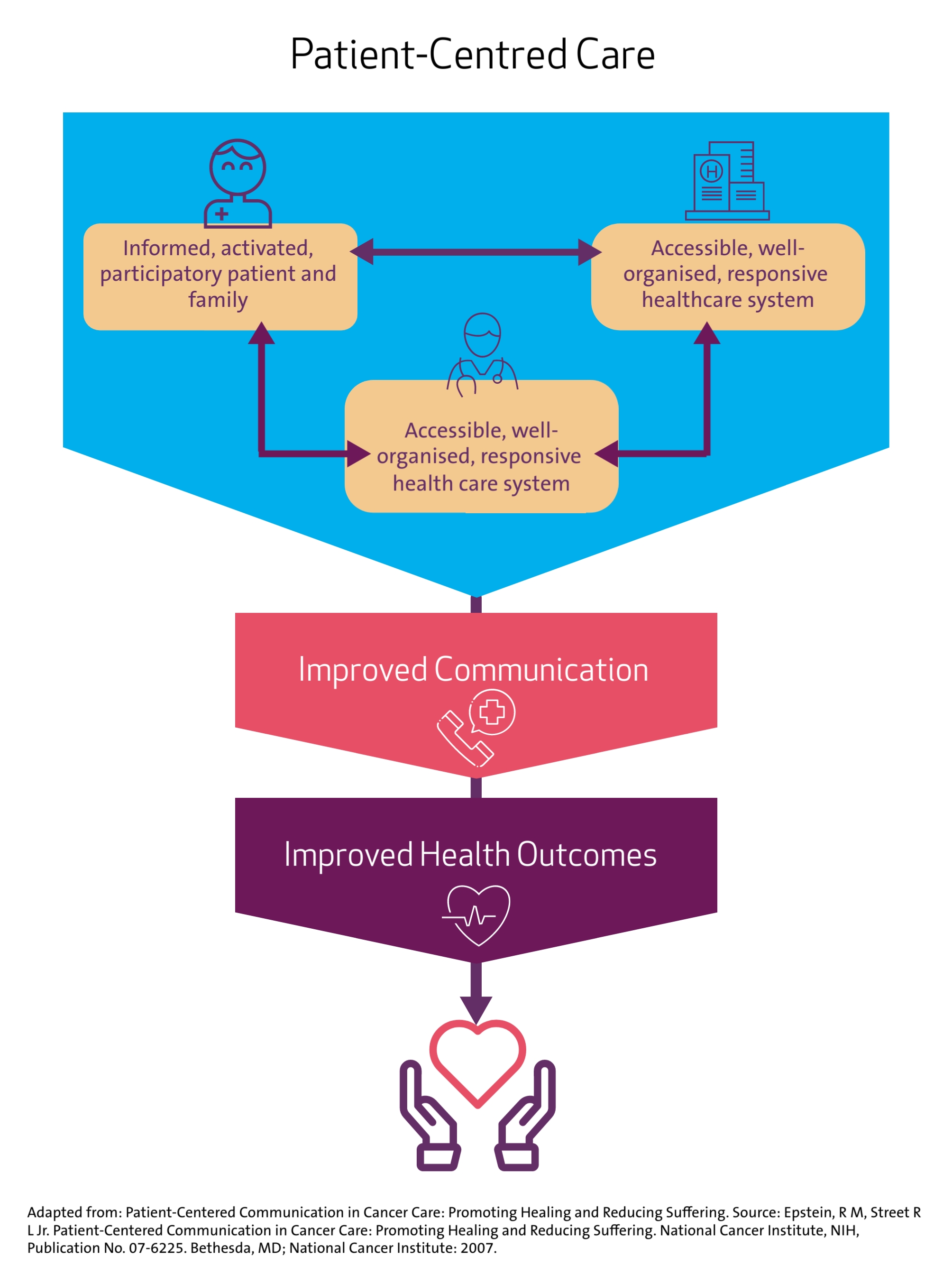Patient-centred Communication and Care
A vital component of any healthcare consultation is the manner and nature of communication between the clinician and the patient. However, effective communication remains one of the more challenging and nuanced skills for clinicians to develop.
This microlearning will explore how improved communication between the clinician and patient leads to improved health care and outcomes for the patient.
Aim: Develop an awareness of how patient-centred communication contributes to patient-centred care.
Learning Objective: During this microlearning you will explore:
-
The importance of communication from the patients’ perspective
-
Benefits of effective communication for both patients and health professionals, and how a clinical registry works.
Audience: Novice, Intermediate, Expert
Patient-centred communication and care
The importance of communication from the patients’ perspective
Watch the video to see what patients say about the importance of communication.
What patient-centred care involves
The patient can be viewed as the “master of the ship”, while health practitioners are the enablers who provide the skills, knowledge, expertise, care and advice that allow the patient to decide where they are heading. Armed with quality information (sufficient to make clear choices about their health management), the patient is then empowered to make the right decisions for themselves.
Patient-centred communication contributes to patient-centred care.
When clinicians adopt a patient-centred approach, it facilitates:
- Improved communication between the clinician and patient
- Improved health care and outcomes for the patient
Source: Epstein, R M, Street R L Jr. Patient-Centered Communication in Cancer Care: Promoting Healing and Reducing Suffering. National Cancer Institute, NIH, Publication No. 07-6225. Bethesda, MD; National Cancer Institute: 2007.
The six core goals of communication
Epstein and Street (2007) outlined six core goals of patient-centred communication. Each goal of communication interacts with other goals to affect health outcomes. Optimising these six goals of communication is therefore widely considered to be 'best practice' in communication.
The animated poster below will take you through the six core goals of communication. Sections of this poster contain interactive elements. Hover your cursor over all the symbols to reveal the pop-up window and learn more. A printable PDF version of the poster is attached below.
Source: Epstein, R M, Street R L Jr. Patient-Centered Communication in Cancer Care: Promoting Healing and Reducing Suffering. National Cancer Institute, NIH, Publication No. 07-6225. Bethesda, MD; National Cancer Institute: 2007.
Want to know more?
Experts from the VCCC Alliance have designed an online education program for clinical staff to practice and refine their patient communication skills: Communication Strategies in Patient Care.
Communication Strategies in Patient Care was the brainchild of a multidisciplinary team from Peter MacCallum Cancer Centre, St Vincent’s Hospital Melbourne, The Royal Melbourne Hospital, Western Health, Bendigo Health and the University of Melbourne. Former and current patients; men and women, young and old, from a range of backgrounds, who are passionate about sharing their experiences to improve things for others, have generously given their time to the project.
The project was developed by:
Dr David Kok – Radiation Oncologist, Director of Training, Peter MacCallum Cancer Centre, and VCCC Alliance Convenor, Master of Cancer Sciences
Ms Justine Diggens – Senior Clinical Psychologist, Peter Mac
Dr Daniel Sapkaroski – Radiotherapist and Clinical Educator, Peter Mac
Dr Sathana Dushyanthen – Medical Educator, University of Melbourne and VCCC Alliance
Project sponsors:
A/Professor Jennifer Weil – Deputy Director Palliative Care Medicine, Palliative Medicine Physician and Palliative Care Clinical Trials Lead, St Vincent’s Hospital Melbourne
Dr Alex Clinch, Peter Mac Palliative Care Consultant, Deputy Director Parkville Integrated Palliative Care Service - The Royal Melbourne Hospital and Peter MacCallum Cancer Centre
Resource details

This course is brought to you by





